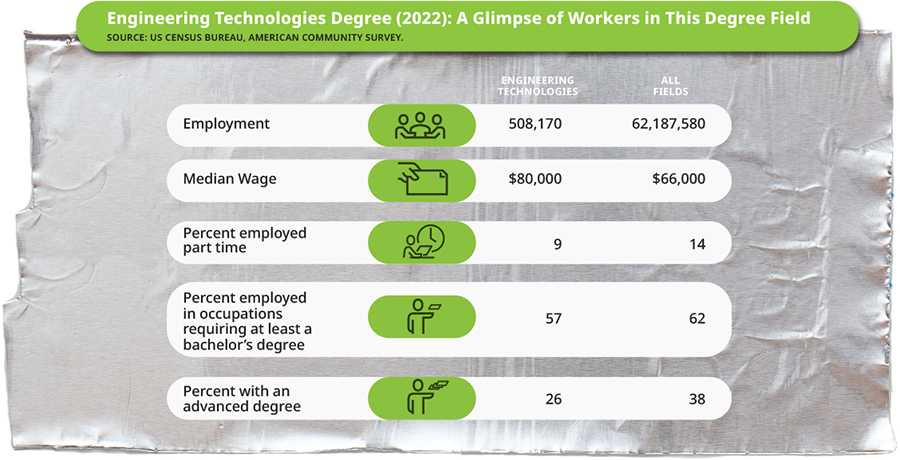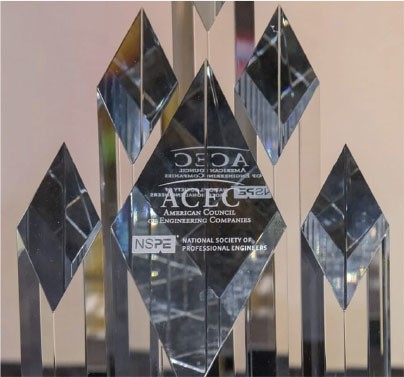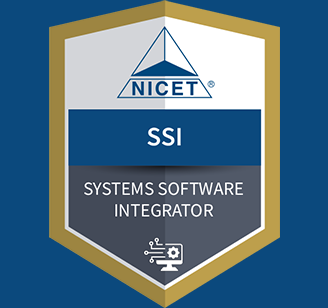August/September 2014
PE REPORT
New York PEs Back Geologist Licensure Bill
New York geologists may soon become a licensed profession if a bill approved by the state legislature becomes law. The New York State Society of Professional Engineers supports the legislation, which ensures that geologists can be licensed in the state without interfering with the practice of licensed engineers.
The bill (A. 4753/S. 3810), introduced in February 2013, defines the profession of geology and establishes education, examination, and experience requirements for licensure. The New York State Board for Engineering and Land Surveying will expand to include oversight of the practice of geologists it licenses.
The legislation was introduced because providing scientific expert opinion regarding geological conditions to state or local government agencies and the public can have significant impact on the state’s environmental quality and on the safety, property, and well-being of citizens. Geologists regularly conduct investigations and provide geologic services related to the development and protection of groundwater resources and the subsurface disposal of hazardous wastes, which has the potential for contamination to migrate. According to the bill, 24 states require the licensing of geologists. If signed by the governor, the law will become effective in two years.
NYSSPE pushed to ensure geologists could obtain licensure without eroding the practice of professional engineers. Geologists will be able to identify and quantify the constitute parts of the strata comprising the earth’s crust and mantle; however, geologists cannot practice professional engineering, which includes design work. Licensed engineers who are also proficient in geology are permitted to perform activities reserved for licensed geologists.
The legislation also permits licensed geologists to serve as principals in design firms along with professional engineers, architects, landscape architects, and land surveyors. Currently, a geologist is limited to holding a minority interest in a design professional service corporation, which should not exceed 24.99% of the firm shares, according to NYSSPE.


 Volunteering at NSPE is a great opportunity to grow your professional network and connect with other leaders in the field.
Volunteering at NSPE is a great opportunity to grow your professional network and connect with other leaders in the field. The National Society of Professional Engineers (NSPE) encourages you to explore the resources to cast your vote on election day:
The National Society of Professional Engineers (NSPE) encourages you to explore the resources to cast your vote on election day:










